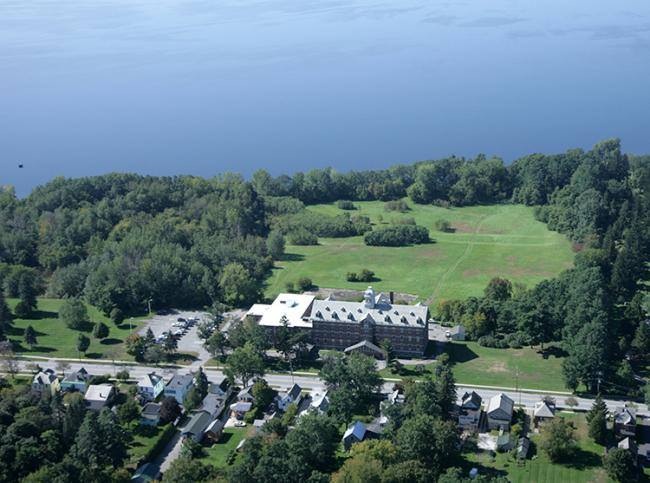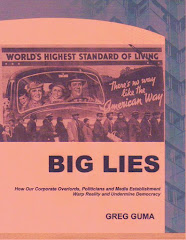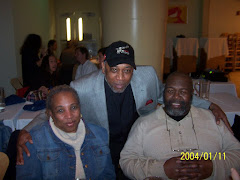Listen to “The People’s Republic” podcast
It was time for a change, real change...
a revealing look at the rise of Bernie Sanders and the progressive movement that changed Vermont
“The best book on the pre-Congress years” - UVM Library
“Sympathetic but honest” - Socialist Worker
Available in paperback from Maverick Media
Mentioned in 2019 articles and interviews
with the author in the Washington Post, New Republic, Wall Street Journal, Mother Jones, Jacobin, Politico, and VTDigger
Discussed during the 2016 Presidential campaign in...
Mother Jones:
How Bernie Sanders Became a Real Politician
New York Times:
Bernie Sanders' Revolutionary Roots
CNN:
Can Bernie Sanders Win Black Voters?
Politico:
14 Things Bernie Has Said about Socialism
Politico:
Bernie Sanders Has a Secret
Washington Post:
Sanders is in with the enemy, so old allies say
CNN:
How Bernie Sanders Turned Himself into a Serious Contender
Mother Jones:
Here's How Bernie May Be Changing Politics for Good
Washington Post:
Sanders Prepares for His National Debate Debut
New York Times:
Setting Bernie Sanders Apart from the Debate Field
Mother Jones:
Here's What Bernie Sanders is like as a Debater
CNN Video:
What is Bernie Sanders' Debate Style?
ABC:
What to Expect from Bernie Sanders in Tuesday's Debate
International Business Times:
Bernie Sanders' Debate Plan
Washington Post:
A Somewhat Reluctant Socialist
BURLINGTON SNOW - By Allen Ginsberg
Bernie Sanders' election as mayor of Burlington, Vermont, in 1981 caught the attention of the entire nation and inspired progressives throughout the world. Originally published in 1989, just before Sanders won his first race for the US House of Representatives in 1990, The People's Republic: Vermont and the Sanders Revolution was the first comprehensive analysis of Sanders' mayoral years and the progressive movement in Vermont. It remains the most intimate and revealing.
Greg Guma's exploration of the "revolution" goes far beyond Sanders and his impact on Burlington. The factors behind the initial surprise victory, the tension between leftist ideals and pragmatic politics, the evolution of an effective political coaliton outside the two-party system -- all these topics and more Guma investigates, with an eye on global political implications as well as the immediate local impact. The People's Republic is for all those interested in progressive politics and political history, not to mention those in places where a similar "revolution" is possible.
A fast-moving description that illustrates one of the great efforts at innovative government of the past fifty years…
--Pierre Clavel, Cornell University
If you were going to create somebody to write about Bernie Sanders’ years as socialist mayor of Burlington, you might make him a fortysomething Vermont journalist and bookstore founder and former government worker who almost ran for mayor of Burlington himself…That’s what you have in Greg Guma.
—Mark Satin, New Options
A treasure house of first-hand information and perceptive, if often controversial analysis of great value to anyone concerned to explore realistically the possibilities for combining third-party electoral politics with other methods of working for justice, peace, environmental sanity and genuine democracy.
– David Dellinger, author/activist
If you are at all interested in Vermont and Burlington, and public policy, get this book.
– Phil Hoff, former Vermont Governor
More Books from Maverick Media HERE
How an international establishment has used fear of socialism, communism and terrorism to justify repression and a massive military establishment. Pointing past nationalism and corporate empire, Uneasy Empire: Repression, Globalization, and What We Can Do combines a radical critique with hopeful solutions and a vision of democratic globalism through which people can regain control of their futures.
Set during the spirtualist craze of the 1870s, Spirits of Desire follows a group of extraordinary people, including Russian theosophist Helena Blavatsky, paranormal investigator Henry Olcott and Oneida Community leader Theo Noyes, as they search for the truth about ghosts through a notorious family of Vermont mediums. The trail leads them into a world of seances, deadly elementals, astral forces and past lives.
Unsolved mysteries collide with cutting edge science and altered states of consciousness in a world of corporate gangsters, infamous crimes and top-secret experiments. Based on eyewitness accounts, suppressed documents and the lives of world-changers Nikola Tesla, Annie Besant, Ignatius Donnelly and Jack the Ripper, Dons of Time is a speculative adventure, a glimpse of an alternative future and a quantum leap to Gilded Age London at the tipping point of invention, revolution and murder.
 In the early 20th century the nation’s progressive movement attempted to control concentrated wealth and widen democratic participation. For a quarter century, reforms addressed workers’ rights, monopoly excesses, political corruption, uncontrolled development, and the impacts of the early industrial era. In the process, many people got relief from the worst effects of uncontrolled capitalism, a considerable accomplishment.
In the early 20th century the nation’s progressive movement attempted to control concentrated wealth and widen democratic participation. For a quarter century, reforms addressed workers’ rights, monopoly excesses, political corruption, uncontrolled development, and the impacts of the early industrial era. In the process, many people got relief from the worst effects of uncontrolled capitalism, a considerable accomplishment. 








































